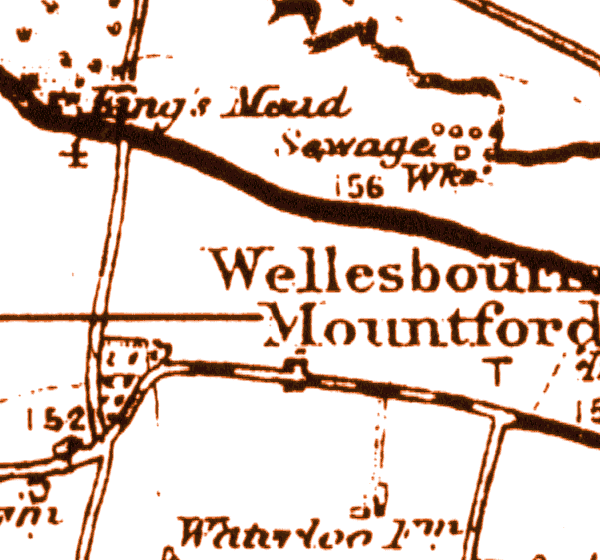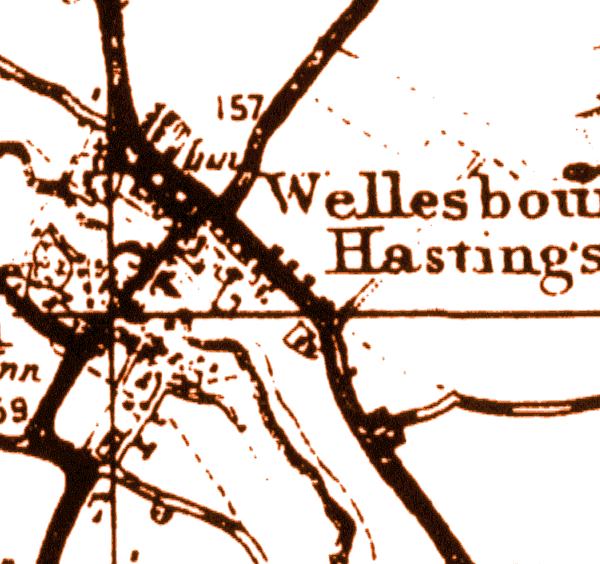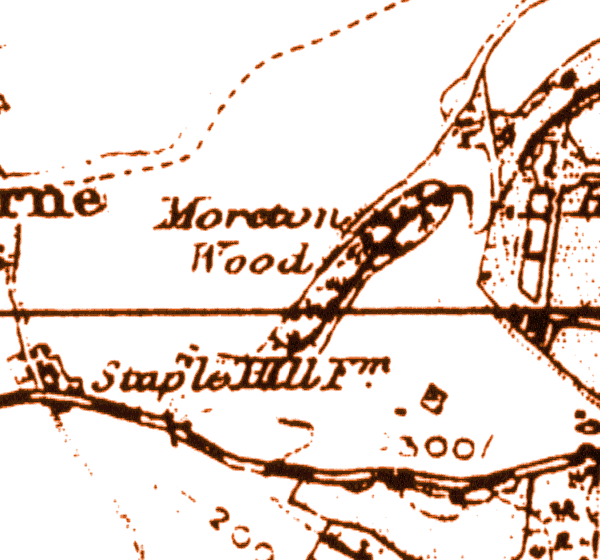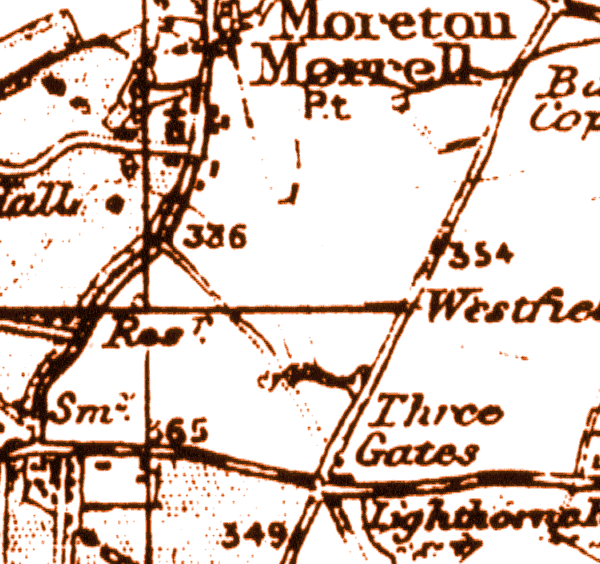![]()
 |
 |
 |
 |
|
Joe, The Story of a Warwickshire Countryman by Peter Johnson IntroductionI worked with Joe Gerring in Chesterton Wood during the summer months of 1974 and 1975. We were employed by the Arden Forestry Co., which was owned by Mr Joe Tilley. I was a student at the time doing a temporary job through the summer holiday, whereas Joe had been working in the wood continuously for some forty years. As I gradually got to know Joe it became obvious that he was one of a vanishing generation who's lifestyle had remained unchanged from a bygone age. I felt his memoirs could provide an insight into a way of life that would soon be forgotten. Joe was the archetypal countryman. He was still working in his seventies following a daily routine that had become a way of life over the years. He had never done anything else except work, and would carry on as long as his health lasted. Indeed, sitting around at home would have seemed meaningless to him. He liked listening to the radio but generally didn,t see the need for modem appliances or forms of entertainment. Instead he shortened his evenings by going to bed around eight o,clock and rising early in the moming between half past six and seven. Like all country people used to hard manual labour he knew how to pace himself at work. Bent over swinging a grass hook he would go on and on at the same unhurried pace, pausing only occasionally to take a short break. He was only getting ten pounds a week, working from nine o,clock in the moming until four thirty in the afternoon, but was always concemed that the gaffer (Mr Tilley) might arrive when he was taking a breather and would make sure he was in a position to see him coming first. Joe's life evolved slowly like the seasons. A new pair ofboots would be wom in over a period ofweeks, put on for a short time each day while they gradually adjusted to his feet. The pieces of firewood he took home in his bike saddlebag would be stored in the woodshed for many months to dry out properly before they would be used. There was a season for every job and nothing was ever wasted. The trimmings from some hazel bushes would make pea sticks or bean sticks or perhaps a walking stick. Joe lived a very frugal existence and would not spend any money unnecessarily. He would also not be beholden to anybody, once refusing a TV set which Mr Tilley brought round to his house. Tools however were a different matter. He could not resist the brand new scythe he saw in a hardware shop in Leamington even though he had one already. Joe had at least two bicycles when I knew him. The old one he brought to work each day was a workhorse fitted with bags for carrying firewood, tools or anything else that might be needed. He also had a racing bike, which he used at weekends when he did his weekly shop. He relied entirely on his bicycles for transport and was proud of his independence. He had a large garden, which was a labour of love. He grew mostly vegetables and would produce much more than he needed offering the surplus to friends and neighbours. Joe also liked doing rough carpentry. He made a number of wooden windmills for his garden and was proud ofthe seat outside his house by the post box, which he made for public use. Joe was content with his own company. Many days would go by when no one else came into the wood. Because of this a conversation became a chance to catch up with news, something to be savoured. He was a natural talker. When we started taping his reminiscences in the Summer of 1975 during the lunch breaks, it soon became clear that he would need little prompting from me. His strong local dialect and colourful expressions have proved impossible to do justice to on paper. Joe would generally have some bread and a piece of boiled bacon for his lunch, which he cut into pieces with a penknife. He always had a bottle of cold tea with him when he was working and would drink from it as he got thirsty. After lunch he would lie back with his hat over his face and would usually have a short sleep. He had a contented outlook on life and was happy to have rarely ventured outside the small area of South Warwickshire that had formed the backdrop for his entire working life. He made an indelible impression on me and I count it a privilege to have known him. |
|||